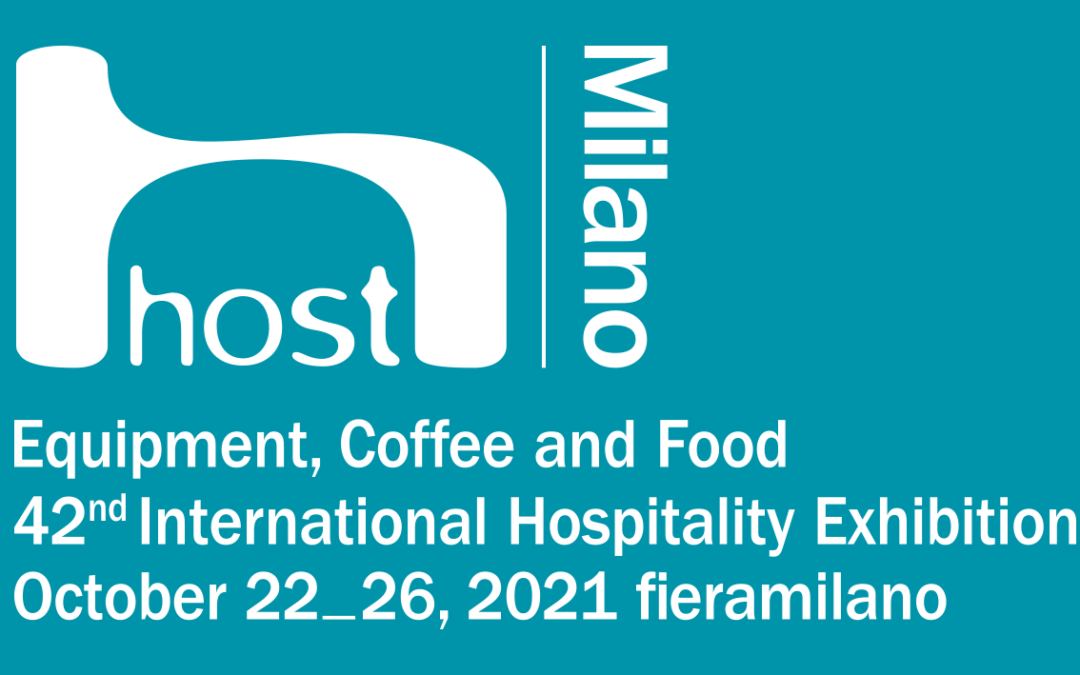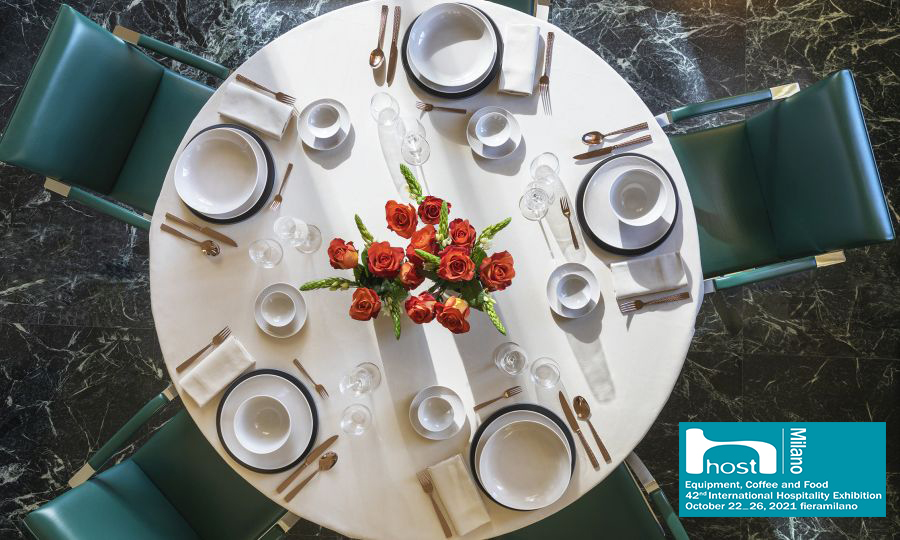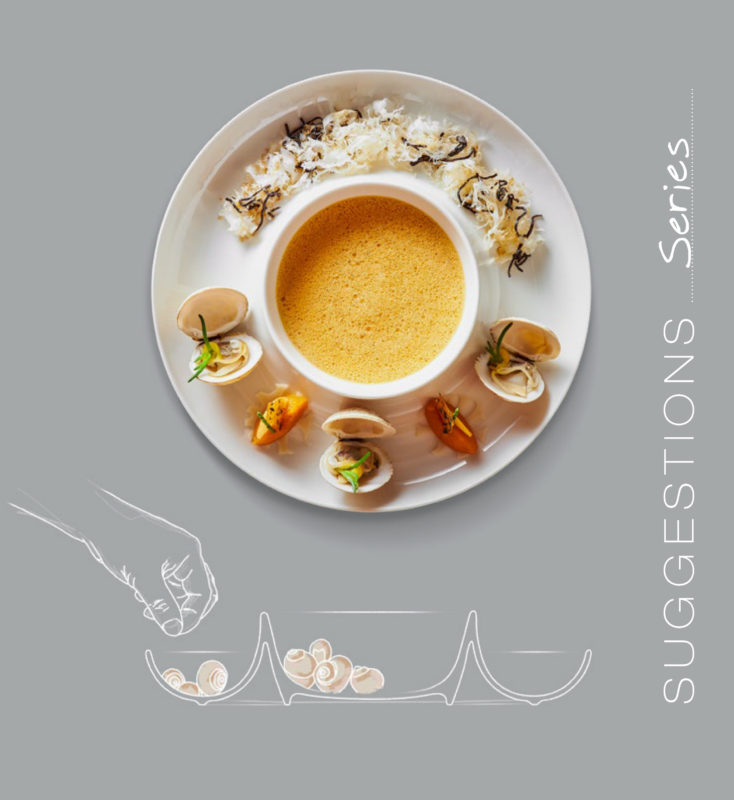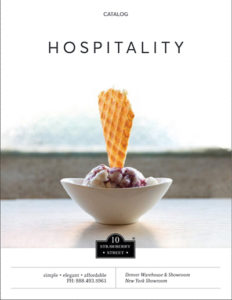Whether in processes, services or products, the need for modernisation and social and lifestyle trends is moving in the “green” direction.
From lifestyle to sustainability, product and process innovation in the world of out-of-home living never stops. This is confirmed by two of the most important companies in the tableware sector, the Arcturus Group (which includes historic brands such as Rosenthal and Sambonet) and , which have taken advantage of the last few months to accelerate trends already underway on the production front, while at the same time taking a leap forward in terms of modernising their services. “At a time like this, where traditional catering has been forced to reinvent itself, I see in perspective a major reawakening of the sector that also involves furnishings, with the table in first place, and focus on qualitative and distinctive aspects,” says Barbara Cincotto, Ho.Re.Ca. Group Sales Director. It is no coincidence that the next edition of Host will be the ideal moment for the company to introduce new products perfectly in line with the trends and contaminations linked to the world of cooking, lifestyle, nature and even the web. “The professional sector is always careful and sensitive to international consumer trends and novelty products but, today, it is also extremely receptive to the inspirations found across all communication channels, particularly social media, which offer images and content from which to draw interesting ideas,” explains the manager, who foresees “a return to materials that remind of nature in all its variations, from the original texture of the surfaces to the fresh and lively colours that evoke ‘handmade’ atmospheres”. All this with a special focus on environmental issues.
RCR Crystal’s Fabio Lupi also talks about respect for the environment, warning against a trend that risks becoming nothing more than a façade. “The topic of ‘green’ has been in the limelight for several years now, but the last period has finally linked it to an increased need for safety. It is not sufficient to talk about the environment and put green logos on the packaging. We need to take practical action to change the manufacturing systems and make them environmentally friendly,” says the company’s Overseas Sales & Marketing Director. “For this reason, in addition to our new products, RCR has taken this path from the very beginning, choosing to use electric ovens with almost zero carbon dioxide levels, powered by over 30,000 square metres of photovoltaic panels, and a biomass and geothermal energy plant, for the melting of pure raw materials free of pollutants. The result is very high quality products with a very low environmental impact and 100% recyclable”. A path that has given results over time, as shown by a study by the University of Siena, according to which RCR has reduced energy consumption by 45% over the last 10 years for the same number of units produced. “A percentage that is equivalent to supply energy to a town of 5,485 people every year. Gas consumption has been reduced by 28%, which is equivalent to heating 2,586 homes,” says Lupi.







